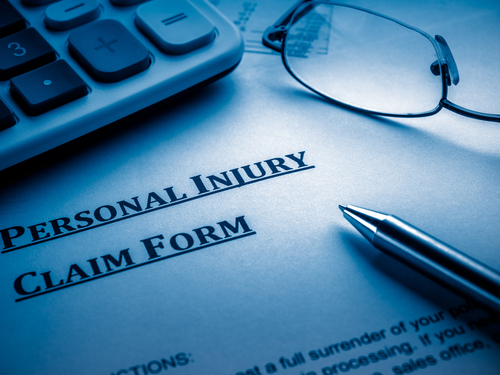
Do's and Don'ts of Filing a Personal Injury Claim in Wyoming
Personal injuries can be caused by many things, including car accidents, pedestrian accidents, dog bites, and even wrongful death. In all these cases, it is possible to file a personal injury claim in order to get compensation for your damages.
The complex web of laws governing personal injury claims can be confusing, but it is important to know what to do – and not to do – to maximize your chances of success.
Here are some dos and don'ts of filing a personal injury claim in Wyoming:
DO consult with an experienced personal injury attorney.
The laws governing personal injury claims are complex, and an experienced attorney will be able to navigate them on your behalf and help you get the compensation you deserve. A Wyoming personal injury lawyer will help you:
- Gather evidence
- File documents
- Negotiate with insurance companies
- Represent you in court, if necessary
Even if you have a strong case, going up against an insurance company – or even the defendant – without legal representation is not advisable.
DON'T wait too long to file your claim.
There is a statute of limitations in every state for filing personal injury claims, and in Wyoming, that time limit an be anywhere from four years down to one year from the date of the injury. If you wait too long to file, you will be barred from doing so and will not be able to get any compensation, no matter how strong your case may be. This is where it becomes very important to consult with a knowledgeable personal injury lawyer.
DO get the names of witnesses and take photographs and collect evidence of the accident scene and damage to the vehicles.
If there are witnesses, get their contact information so that they can be called upon to testify on your behalf.
If you have been injured in an accident, it is important to document the scene and your injuries as soon as possible. If you wait too long, key evidence may be lost or forgotten, weakening your case. Be sure to take photographs of:
- The accident scene
- Any substantial and graphic injuries
- Any damage to your property
DON'T give a recorded statement to the insurance company.
After an accident, the insurance company will likely contact you and ask for a recorded statement. It is important to know that anything you say in this statement can and will be used against you later. The insurance adjuster may try to trick you up or get you to say something that can be used to deny your claim, so it is best to avoid giving a recorded statement altogether.
DO keep track of all your medical expenses and other damages.
Car accidents and personal injuries activate multiple types of insurance. It is important to know what various types of insurance are available to you, and which of these insurance policies are being billed by the hospital and doctors. Because this can be complicated, we often go over this with clients when they retain us.
If in addition to injuries, you are losing time from work or incurring out of pocket expenses, keep track of these damages.
Lastly, you can also claim damages for pain and suffering, which are more difficult to quantify but can be significant.
DON'T post about your accident or injuries on social media.
Anything you post on social media, including photos, status updates, and comments, can and will be used against you in a personal injury claim. The insurance company will be looking for anything they can use to downplay your injuries or prove that you were not as injured as you claim to be. So, it is best to avoid social media altogether until your case is resolved.
